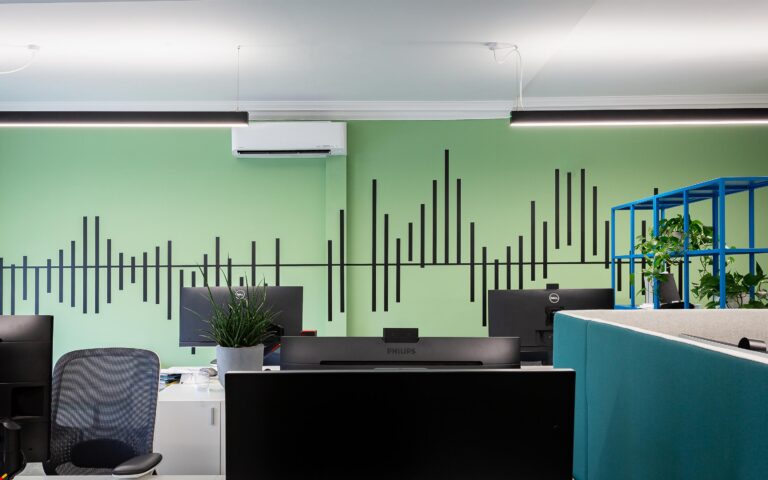About us

Every year we pay out hundreds of millions of pounds to our members through licensing the use of their recorded music in the UK and collecting royalties when their music is played around the world
Championing music rights for 90 years
Our purpose is to ensure that our members’ talent and investment is fairly rewarded when their recorded music is played.
If you make music – as a performer or a rightsholder – we’ll make sure you’re paid when it’s played.
It’s free to become a PPL member and open to anyone who performs on, and/or owns the rights to, recorded commercial music.
We represent more than 150,000 members, from session musicians and household names to self-releasing artists and independent and major record labels. These include members such as Charli XCX, Lewis Capaldi, The Last Dinner Party, Trevor Horn, Blossoms and many more.
Visit the Royalties section to learn more about becoming a member.
If you use music – in your broadcasts, services or venues – we’ll grant you the licence you need to do so. Visit the Licensing section to learn more.
After deducting operating costs, we distribute the music licensing royalties we collect to our members, based on the use of their music. We do not retain a profit for this work.




Explore our company
Equity, Diversity, Inclusion & Wellbeing
We are proud to share our approach and results and support others in their journeys wherever we can.
Our leadership
PPL’s Executive Management Team brings together extensive experience from across the music industry and beyond.
Reports & governance
Giving back to music
Through PPL Giving, we support a wide range of initiatives that drive positive change across the industry.
International royalty collections
When our members’ recorded music is played around the world, we’re able to collect royalties through our network of more than 110 agreements with other collective management organisations (CMOs)
"Over the past 20 years, PPL has played a hand in every significant collaborative global data and technology initiative which has transformed sound recording rights."
Data is at the heart of what we do, helping us ensure our members are paid accurately for the use of their recordings in the UK and internationally.
We have one of the most comprehensive repertoire databases in the world, containing detailed information on over 28 million sound recordings – with around 45,000 recordings added every week. This database includes details of ownership and performer contributions.
By carefully managing this vast amount of data, we facilitate quicker and more accurate payments to our members.
Over the past 20 years, PPL has played a hand in every significant collaborative global data and technology initiative which has transformed sound recording rights.
In recent years these have included playing a leading role in two major global data exchange platforms, the Repertoire Data Exchange (RDx) and the Virtual Recordings Database (VRDB).
RDx
Repertoire Data Exchange (RDx) is a music data exchange service from the International Federation of the Phonographic Industry (IFPI) and Worldwide Independent Network (WIN), built and operated by PPL.
It enables record companies and collective management organisations (CMOs) to submit and access authoritative recording data via a single point, improving the timeliness, accuracy and efficiency of CMO revenue distributions to rightsholders worldwide.
Users include Universal Music Group, Warner Music Group, Sony Music, Beggars Group, BMG, Domino and Sentric, and ten CMOs across Europe and South America.
VRDB
The Virtual Recording Database (VRDB) enables the exchange of recording and performer data between collective management organisations to improve the speed of international payments to performers.
Run by SCAPR, the umbrella organisation for the world’s CMOs representing performers, the platform has over 15 million sound recordings being shared between shared between CMOs, including PPL.